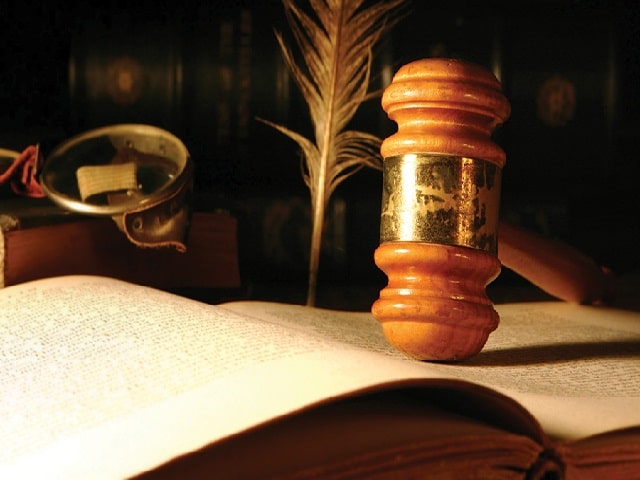About Section 437A of the Code of Criminal Procedure (CrPC)
- Section 437A of the CrPC requires a person who has been acquitted to furnish a bail bond and sureties, to be able to be released from custody.
- This is to ensure the appearance of the accused if an appeal is filed before a higher court against the acquittal.
- The provision states that accused persons must execute bail bonds with sureties to appear before the higher court when an appeal or petition is filed against the judgment of the respective court.
- These bail bonds are valid for six months, and failure to appear leads to bond forfeiture and the application of Section 446 procedures.
- Section 446 CrPC :
- It provides that once the court records its satisfaction about the forfeiture of the bond, it shall call upon the person bound by such bond to pay the penalty or to show cause why it should not be paid.
- If sufficient cause is not shown and the penalty is not paid, the Court may proceed to recover the same as if such penalty were a fine imposed by it under this Code.
- Neither before the trial court nor before the appellate court, there is any applicability of Section-437A CrPC in cases where the accused is convicted.
- As such, the only time when the court is required to ask the accused to execute bonds is the time when the court acquits the accused.
What is Acquittal under CrPC?
- The term “acquittal” refers to a judge’s decision that legally confirms the innocence of the accused.
- As a result, it is granted when the court determines that the accused did not commit the crime charged against him.
- It means the prosecutor was unable to persuade the judge that the case was beyond a reasonable doubt.
- If the judge concludes that there is no evidence that the accused committed the crime after evaluating the prosecution’s evidence, the judge acquits the accused person under Section 232.
- If the offender is not acquitted under Section 232, however, he is allowed to present his case and evidence. The court may acquit or convict the person under Section 233 after hearing both parties’ arguments.
Q1) What is the Code of Criminal Procedure (CrPC)?
The Code of Criminal Procedure (CrPC) is a comprehensive legal code in India that serves as the procedural law for criminal proceedings in the country. It provides the framework and guidelines for the investigation, prosecution, and adjudication of criminal cases in India.
Source: Supreme Court seeks Central government response to plea challenging Section 437A CrPC
Last updated on June, 2025
→ UPSC Notification 2025 was released on 22nd January 2025.
→ UPSC Prelims Result 2025 is out now for the CSE held on 25 May 2025.
→ UPSC Prelims Question Paper 2025 and Unofficial Prelims Answer Key 2025 are available now.
→ UPSC Calendar 2026 is released on 15th May, 2025.
→ The UPSC Vacancy 2025 were released 1129, out of which 979 were for UPSC CSE and remaining 150 are for UPSC IFoS.
→ UPSC Mains 2025 will be conducted on 22nd August 2025.
→ UPSC Prelims 2026 will be conducted on 24th May, 2026 & UPSC Mains 2026 will be conducted on 21st August 2026.
→ The UPSC Selection Process is of 3 stages-Prelims, Mains and Interview.
→ UPSC Result 2024 is released with latest UPSC Marksheet 2024. Check Now!
→ UPSC Toppers List 2024 is released now. Shakti Dubey is UPSC AIR 1 2024 Topper.
→ Also check Best IAS Coaching in Delhi
























